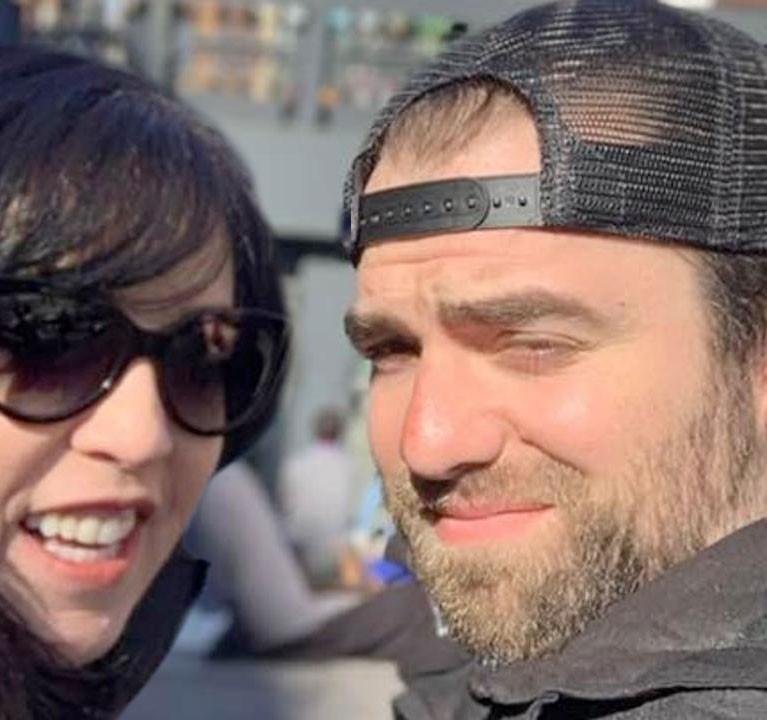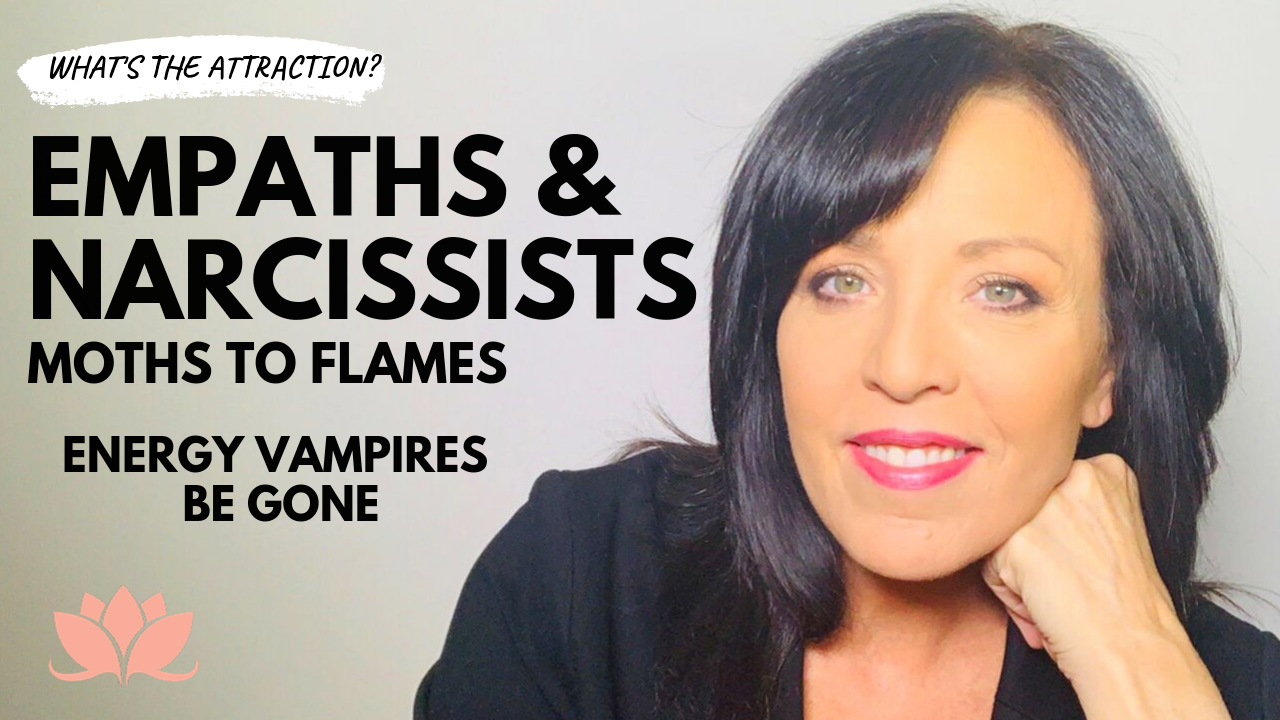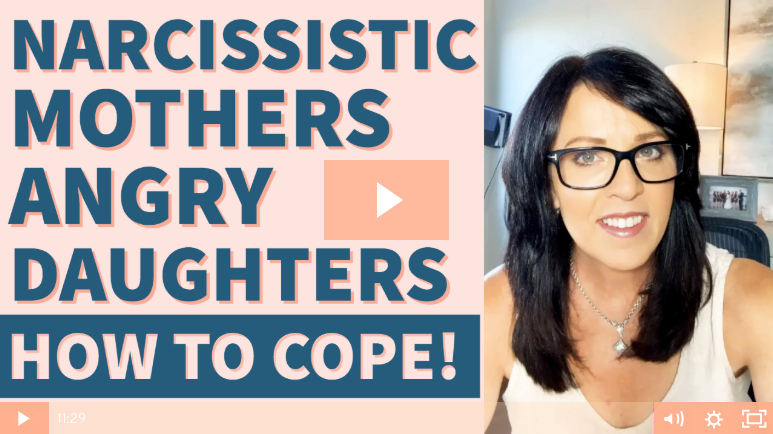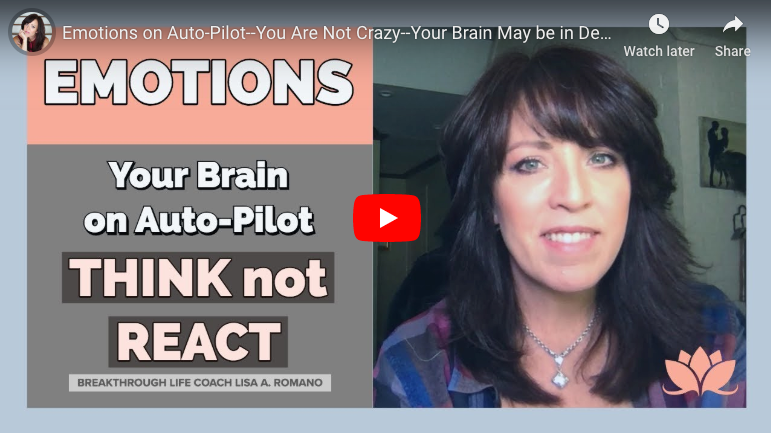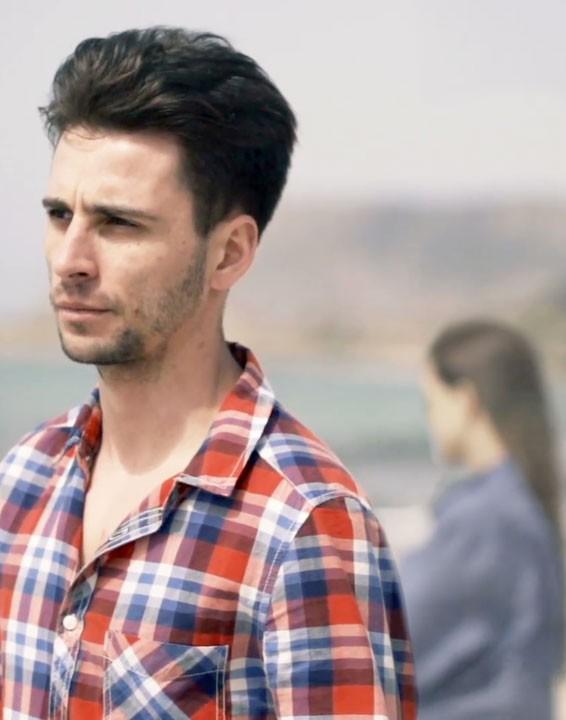Healing from Codependency and Narcissistic Abuse
From Breakthrough Life Coach & Author, Lisa A. Romano






Information that can help you understand yourself as a healing codependent and narcissistic abuse survivor.
Many abused adult children do not understand why they feel the way they do. Abused adult children struggle with boundaries, a sense of self, anxiety, depression, anger, frustration, self-doubt, eating disorders, addictions, and relationship problems. We are not peaceful, content, or comfortable in our own skin. Life feels overwhelming, abrasive, and often, we feel like giving up.
What we fail to recognize is what goes in must come out or manifest.
When in the case of emotionally neglectful or abusive homes, and when we were children, what goes in is anxiety, fear, depression, repressed anger, terror, indifference, and angst. What we fail to understand is that when LOVE, nurturing, forgiveness, understanding, compassion, and empathy are not part of our childhood experiences, what we manifest as adults are mirrors to these past experiences.
If we have not felt loved, we do not love the self. If we have not felt accepted, we do not accept the self. If we have not experienced empathy we have no empathy for the self.
If we have been rejected, abandoned, overly criticized, screamed at, or if we have been made to feel enormous guilt for things we were not responsible for or could not control, it will be impossible for us to feel peaceful enough to experience harmony with ourselves or others.
This page has been created to help you dive deeper into the various levels of mystery codependency healing is. You will learn many things as you investigate the ins and outs of codependency dynamics as well as narcissistic abuse, childhood programming, subconscious programming, and the need to hold oneself accountable.
Healing from codependency and narcissistic abuse requires the ability to understand and label what went wrong. Pinning the tail on the donkey is a necessary part of the healing journey. We do not label to harass, condemn, or judge others and instead, do so as a way to help us bring order to the chaos that has become our mind and heartspace.
Browse the content below and links where you can find more information and support.
- Are You Codependent? 10 Signs You Might Be
- Codependency Recovery and Learning to Feel Our Emotions
- Ever Wonder if You Were the Narcissist?
- Empaths and Codependency
- The Missing Link
- The Narcissistic Mother and the Angry Daughter
- Healing the Way the Mind Perceives Information — CPTSD Recovery
- Codependency and Detachment
- Why Is it so Hard to Love the Self
- Your Brain and Your Emotions
- Narcissistic Abuse Recovery — Stop Asking the Wrong Questions
- Codependent No More
- Codependency as an Addiction to What We Think and Hope is Love
- Codependency and Letting Go
Are You Codependent? 10 Signs You Might Be
When I was diagnosed with codependency, I was shocked. My first thought was, “Wait, what? I don’t drink and my spouse doesn’t drink either. Neither of us use drugs or are alcoholics so how then can I be codependent?”
My entire life was falling apart around me and I had nowhere else to go but up. As I threw my life into codependency recovery, I was shocked to learn that I had been programmed to be codependent.
Think you might be codependent too?
Codependency Recovery and Learning to Feel Our Emotions
If you suffer from codependency, chances are you avoid your feelings and or perhaps, you simply have no clue how to connect to how you feel. The entire notion that you should be in touch with how you feel is foreign to you. You may have gone decades without even noticing you avoid your feelings altogether.
Yikes!
Is it any wonder how codependent people seem to attract bossy people, who tend to know precisely how they feel and how they expect YOU to feel?
If you were raised in a home that taught you to believe that your feelings were irrelevant or if you were raised in a home that was controlling, stiff, and void of emotional attunement, you have not been taught to consciously understand YOUR feelings are literally valid, important, worthy and NECESSARY to live an amazing life!
If you’d like to explore more about codependency and recovery and why it is so important that someone suffering from codependency learn to feel their emotions, click the link below.
Ever Wonder if You Were the Narcissist?
I was a bit confused when my psychotherapist told me he thought I was codependent. I did not drink. My ex did not drink and neither of us dabbled in drugs whatsoever, In fact, we were just about as straight as any couple could be.
How could I be codependent?
My understanding of the term codependent was totally limited. I had only heard the term mentioned when speaking about those married to addicts or alcoholics. When my therapist suggested I read a book called Codependent No More, I did so and what I learned changed my life forever.
Part of the most difficult and prickly part of my healing journey was facing the fact that I had gone from a people-pleasing, more reserved codependent to a full-blown controlling, loud-mouthed codependent who by the time my marriage ended, was seething with frustration and bitter resentment.
My mother taught me to do and then do some more. She taught me to deny my own needs and to cater to the needs of her husband, family, business, and friends. She taught me to shut up and especially when I wanted to scream. I behaved just like my mother had and waited for the day my ex husband would see me, pat me on the back, or at least acknowledge me as a person.
At the time, I did not know I was seeking validation and that in all of my taking care of him, I was in essence wishing to manipulate and control a sense of feeling seen out of him. When I was unable to secure that sense of feeling validated and seen, deep wounds would become activated within me, but unlike when I was a child and could not express my anger, as an adult woman whose ego reminded her of how hard she worked to make her husband happy, my reactions to feeling slighted were seething with anger.
I wondered if I were the narcissist because I was so angry all the time and he was so cool, collected and confident that he was right and I was wrong for whatever I was feeling. As I threw myself deeper into learning more about codependency, I began to understand the difference between a passive and an active codependent.
You can learn more about this experience by clicking the link below.
Empaths and Codependency
Studies are proving that the higher your ability to experience empathy for another human being, the greater your chances of attracting narcissists or predator type personalities into your life.
It makes sense. Narcissists need to become the center of someone else’s life. They then require a partner with weak boundaries and a strong sense of needing to take care of someone else. They require someone who can easily abandon the self for the sake of rescuing or taking care of another. Empaths are easily swept up in the emotions of others and far too naturally can abandon their own needs for the demands of an abusive partner’s reality.
If you struggle with a strong sense of self, if you lack confidence, if you have weak boundaries, if you wish to be saved by a partner, if you fear being alone, if you have high empathy, if you find it difficult to confront those who abuse you, lie to you, and hurt you, you need to know you are a target for narcissists.
If you had a bullseye on your back, wouldn’t you want someone to tell you?
Here you go.
To give you a greater understanding of how this attraction manifests, you can continue reading here;
The Missing Link
What most abused adult children fail to really, really understand is the idea that the mind is both conscious and unconscious at the same time. Researchers suggest that the average person is 95% unconscious or unaware as to why they do what they do, think what they think or feel what they feel. This is NOT good news to a child who has come from an abusive home, who has been raised by an unconscious parent and who is now married and has children of their own.
The Narcissistic Mother and the Angry Daughter
If you’ve been raised by a narcissistic mother, you have undoubtedly felt like there was nothing in the world you could ever do to please her. There has been no emotional support for you or a sincere desire for you to live your life, attract love into your life, and to become the best version of the woman or man you were born to be. NO, the narcissistic mother will ensure you never rise above her, leave her, or dare to oppose what she thinks about you or anyone else for that matter.
Narcissistic mothers can be jealous of their daughters, minimize their sons, punish their sons for their husband’s indiscretions, and abuse their daughters to the point where the daughter is unable to maintain relationships, or have children. You can live your life chasing the approval of the parent who has consistently abandoned and rejected you without ever realizing you are on a ferris wheel to nowhere but emotional hell.
Here is a video you might enjoy if this resonates with you.
Healing the Way the Mind Perceives Information — CPTSD Recovery
One of the greatest stumbling blocks to our emotional abuse recovery, is failing to recognize we were victims at all. When you have been raised to feel responsible, guilty and not good enough, you never dare question the possibility that none of what you believe about yourself is not real.
In the case of adult children of alcoholics and or children of narcissistic parents, many of us have been programmed to believe the way we feel about ourselves is our fault. We feel not good enough and have been convinced there is some substantial facts to back up this claim. In some cases, our families of origin have done an incredible job at making their children feel responsible for their unhappiness, failures, depression, bad choices, and relationship dynamics.
Here you can learn more about healing the Timekeeper in your brain as you learn to process more clearly the root causes of your trauma.
Codependency and Detachment
If you are suffering from codependency, you are suffering from attachment. Most likely you struggle to feel your own feelings independent of others and you easily lose yourself when in the company of those you care about. You easily enmesh with others, seek to please them, empathize with them, nurture them, fix or rescue them and fail to recognize how your independence is being suffocated by your need to enmesh.
For adult children who have insecure attachments or who have experienced repeated rejection by one or more of their parents, the need to bond with another human being can become an obsession.
To learn more about codependency and detachment, you can go here;
Why Is it so Hard to Love the Self
One of the most difficult things to achieve in life is self-love and yet, our very mental and physical health depends on our ability to do just that, love the self.
Many of us stop to consider how little most of us respect, honor, or value the self that we are. Each of us is unique, a gift, with divine rights, and yet, why then do so many of us struggle to believe we are worthy?
If you want to love yourself and experience harmony with all that is, it is important to first understand why loving yourself may be so difficult in the first place. Before every mechanic works on any car engine, they first look to figure out what is wrong.
Your Brain and Your Emotions
We like to think we are awake, aware and the chooser of our thoughts, beliefs, and actions but that is simply not the case. The brain has been designed to work on auto-pilot and is fully capable of allowing your more conscious self to take over and Captain your own ship. However, until you awaken and learn to understand you are NOT your thoughts, you will stay asleep and unconscious to the divine power within you.
To learn more about the brain’s default mode network, click below.
Narcissistic Abuse Recovery — Stop Asking the Wrong Questions
If you’ve ever been lied to, abused, exploited, or discarded by a narcissist, your mind may be stuck in a loop of questions that begin something like, “Why can’t she love me? Why did he cheat on me? Why can’t my parents see me?” and while all of these questions are valid, they are doing nothing for your recovery aside from keeping you stuck.
If you want to heal more quickly, you need to ask better questions. To learn more about asking better questions and healing from narcissistic abuse, click below.
Codependent No More
When you are codependent it is not like you know it for Pete’s sake! In fact, you’re blind to just how deep into the pit of disgusting denial you are. You don’t even realize you’re enmeshed, have lost yourself, and are emotionally suffocating beneath the consequences of faulty subconscious programming.
Becoming codependent no more, will take everything you’ve got because to heal from codependency, you have to break the habit of being yourself, like Dr. Joe DiSpenza likes to say.
Yes, codependency recovery is literally a fight for your life! If you are suffering from codependency and you are aware that you are living below the veil of consciousness, this is for you!
And if you wish to participate in my online healing Codependency and Narcissistic Abuse recovery program, a program I moderate myself over three months along with a team click the button below
Codependency as an Addiction to What We Think and Hope is Love
There is a reason fairy tales are called tales. They are called tales because they are illusions and they are not authentic representations of what real love is, and yet, how many of us have grown up craving to rescue or to be the rescuer?
If you come from a codependent home, you have been conditioned to hold a skewed perception of love. Maybe you are a young man who saw your mother desperately wish to be validated by your father and today, you wish to rescue women in an attempt to somehow rescue the mother you never could. Or maybe you are a woman who watched your mother berate your father and today, you suppress your needs and acquiesce to men in fear of coming off anything like your mother.
Maybe you were brainwashed to believe you were unworthy, invalid and that your feelings were irrelevant. Whatever your reason for acting in a codependent way, know that there is hope. Codependency recovery is possible once you know what you are up against.
To learn more about codependency and love addiction, click the link below.
Codependency and Letting Go
So let’s say you understand you may be suffering from codependency, and let’s say you get how and why codependents attract narcissistic relationships, what now?
One of the greatest fears of a codependent is facing our toxic loneliness. Many of us struggle with abandonment issues and have lived our lives believing if we are finally good enough, someone will love us, make us feel seen and never leave us.
By the way, it never works out that way. I am just sayin’.
Codependent recovery relies on our ability to understand and label what the heck has been going on in our subconscious and conscious minds. It relies on our willingness to stick out the loneliness we will feel when we end toxic narcissistic relationships. It means we throw ourselves into healing codependency recovery information as often as we can until we can gain some conscious control over our thoughts.
To learn more about codependency and letting go, click the link below.



